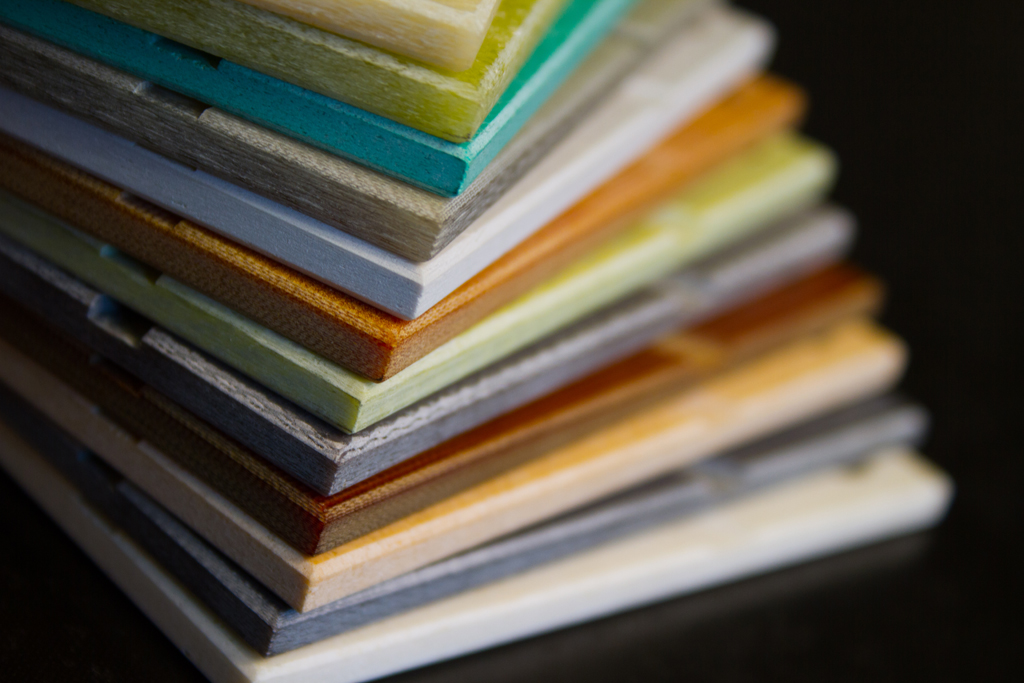In recent years, the use of Technical Composite Laminates in industrial applications has steadily increased and there are good reasons to believe that this trend will last for a long time. This is due to the significant operational benefits and the reduction of operating costs that users can achieve in many applications with the adoption of components of plants, machinery and equipment made from Technical Composite Laminates rather than from the usual metal alloys.
In contrast to these market prospects, there is only a limited number of companies specifically dedicated to the machining of Technical Composite Laminates that have sufficient technical preparation and produce consistent results; this is due to the difficulty in performing such precision machining, observing narrow tolerances and meticulous finishing.
KONRAD TECNO s.r.l. uses carefully selected suppliers to have an assortment at its disposal of Technical Composite Laminates that fully cover the “technical demand” of the market. It also specifically tests the performance of each Technical Composite Laminate, certifying its quality with a dedicated data sheet on which the organoleptic, technical and performance specifications are detailed.


